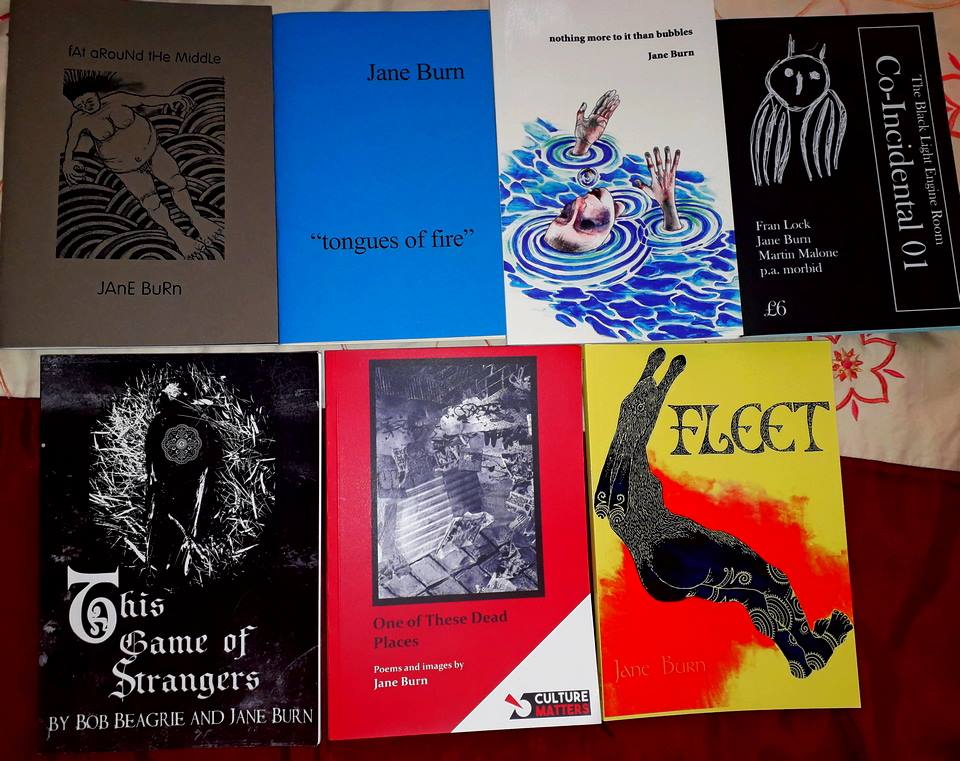
JANE BURN – POETRY AS HARD GRAFT, INSPIRATION, REACTION OR EXPERIMENT?
I interviewed poet & artist Jane Burn who won the Michael Marks Environmental Poet of the Year 2023-24 with A Thousand Miles from the Sea.
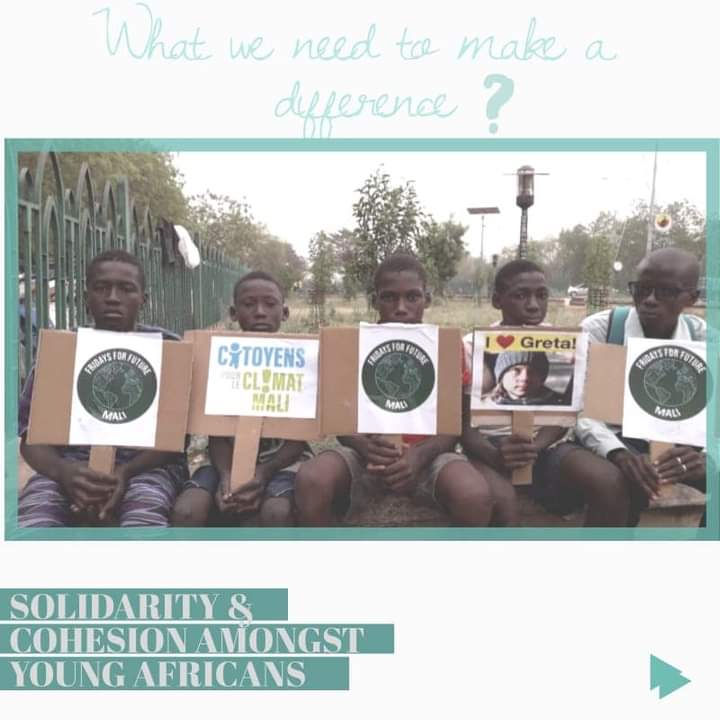
I interviewed Fousseny Traore, environmental activist and human rights defender from Mali. Fousseny is Founding President of the ecological association Citizens for the Climate Mali and one of the original members of the Sauvons le Sahel Movement (ActonSahel). He currently lives in the UK.
Fousseny says: “It’s time to face the agony of our world and get serious.”
Leslie: Can you describe your upbringing and what effect it had on you, please
Fousseny: I am from Mali, but I left because several members of my family were murdered as a result of inter-ethnic conflicts and terrorism. In addition, my activism put me at risk because I campaigned for human rights – specifically, the violence against women and children, the forced and early marriage of young girls, as well as the physical excision of young girls. My life was in real danger so I applied for a visa to come to the United Kingdom. It’s usually very difficult for young Africans get visas for Western Countries. I was lucky.
Part of my work, through Citizens for the Climate Mali and ActonSahel, is to bring together young activists in the Sahel countries in West Africa. This part of Africa is on the front line of climate change, but forgotten by the world. We conduct awareness campaigns to end deforestation and promote reforestation; we protect the environment so that local populations can have access to drinking water, particularly in Mali, Burkina Faso, Senegal, Mauritania and Chad. Unfortunately, we have no financial partners to help us.
I was born in Bamako, the Malian capital. I did not know my father, who died when I was a child. I was educated by my grandmother at first and then by my uncle, my mother’s brother, who was a teacher and farmer. He taught me the beauty and fragility of nature. I soon saw that the natural balance was changing. For instance, we used to enjoy swimming in rivers and lakes. They were our natural swimming pools. Unfortunately, today these lakes and rivers have become football fields because of the drought caused by climate change.
As a child, I witnessed the damage caused by torrential rains and, at other times, the lack of water. I saw the poverty, famine, diseases, and the total inaction of the authorities. In summary, I had a very difficult and painful childhood.
Leslie: What began and sustained your interest in the environment, please?
Fousseny: Since my childhood I have been a great nature lover. It pushed me to tell people about environmental protection, starting with my family and my friends, continuing with my neighbourhood and other Malians in wider circles. I travelled to towns and villages as well as to markets and to schools to raise awareness about what the ordinary citizen can do to roll back some of the climate, environmental, poverty and health issues we face. It wasn’t easy, especially because the country is plagued with structural and socio-economic problems, but I persisted – living my life as an environmental soldier to save biodiversity.
To give one example: in 2020 I went to a village in Mali as part of our awareness campaign against deforestation. I was shocked and deeply upset because I saw my brothers and sisters eating leaves from trees. Others were eating old dry animal skins because of poverty, and the lack of food.
Leslie: Why is Big Oil particularly damaging for Africa?
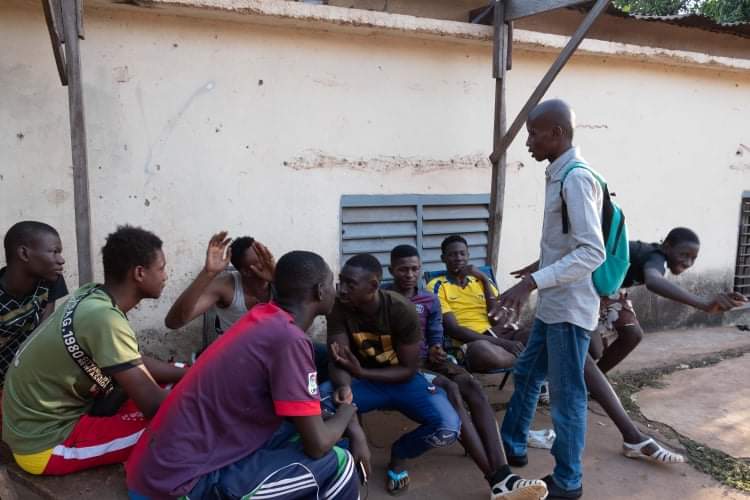
Fousseny: Africa accounts for 12% of world oil production. It suffers from endemic oil pollution caused and maintained by Western and Chinese multinationals, damaging living conditions and fostering social tensions. To operate with impunity, the offending oil companies have established control over most of the value chain, including transport and trading of crude oil, chartering, import and distribution of refined products. This makes it difficult to curb the actions of these companies, some of which were involved in the scandalous sale of adulterated fuel to these same African countries. The mishandling of hydrocarbons is also responsible for deforestation as well as air, soil and water pollution, This, in turn, has kick started a drop in agricultural yields and the appearance of many diseases (cancers, heart attacks, respiratory problems, nervous system disorders, vision disorders, false maternity, etc.). Hydrocarbon pollution has also impoverished local populations and sparked conflicts (war, banditry, armed attacks, hostage taking, etc). The damage to nature is particularly marked in the Niger Delta, at Pointe-Noire in the Congo, and in Angola and Algeria. The frontline victims have been, of course, the least well off and those whose traditional means of subsistence is fishing and agriculture. In addition, poor governance and corruption in many African countries has allowed the oil industries to fully recover the oil rent while not respecting safety and hygiene standards.
Big Oil is not good for Africa and the planet.
Leslie: What would you say are the most effective actions people in the West can take if they care about the planet and the emergency hitting Africa right now?
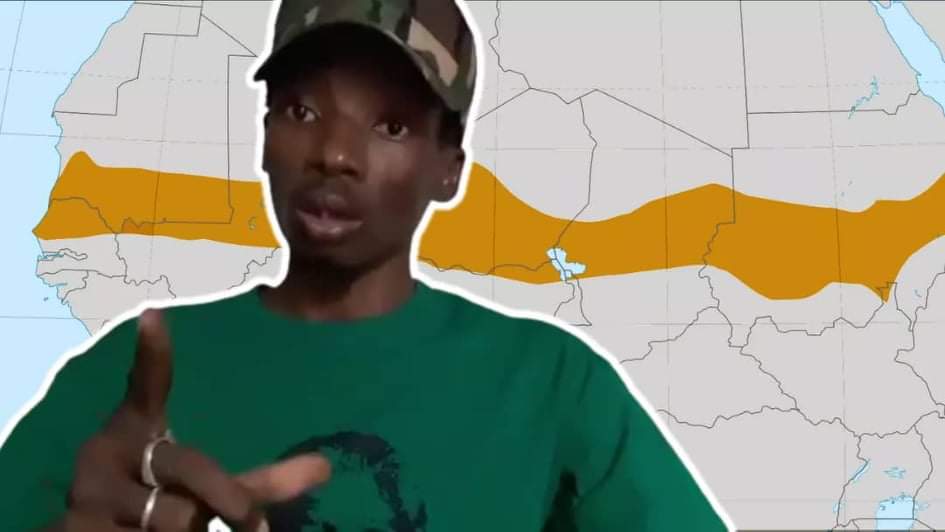
Fousseny: Many westerners claim they care about the Climate crisis. Personally, I don’t believe it because they are not doing enough to save the planet when the West is largely responsible.
However, I recognise that some people in the West are taking effective action.
People in the West need to:

Leslie: How do you manage the grief and alienation of being so close to the centre of the storm while living in Britain?
Fousseny: It is as an inhabitant of the earth and a member of the tribe of the living that I try this cry of alarm. The scientists are desperate they no longer know how to explain the gravity of the situation. They no longer know what to do to be heard. But in the face of the climate emergency, doing nothing seemed even worse to me.
We are witnessing an open-air crime. Ignoring the climate emergency these days for me is a crime against life. It’s time to face the agony of our world and get serious.
Next week, I interview professor and psychologist Chris Blazina about the bond between people and animals.
ABOUT LESLIE TATE’S BOOKS:

I interviewed poet & artist Jane Burn who won the Michael Marks Environmental Poet of the Year 2023-24 with A Thousand Miles from the Sea.
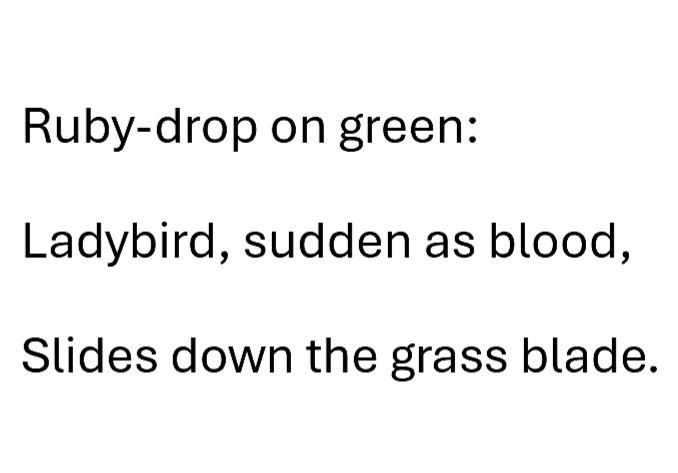
I interviewed ex-broadcaster and poet Polly Oliver about oral and visual poetry, her compositional methods, and learning the Welsh language. Polly says, “I absolutely love
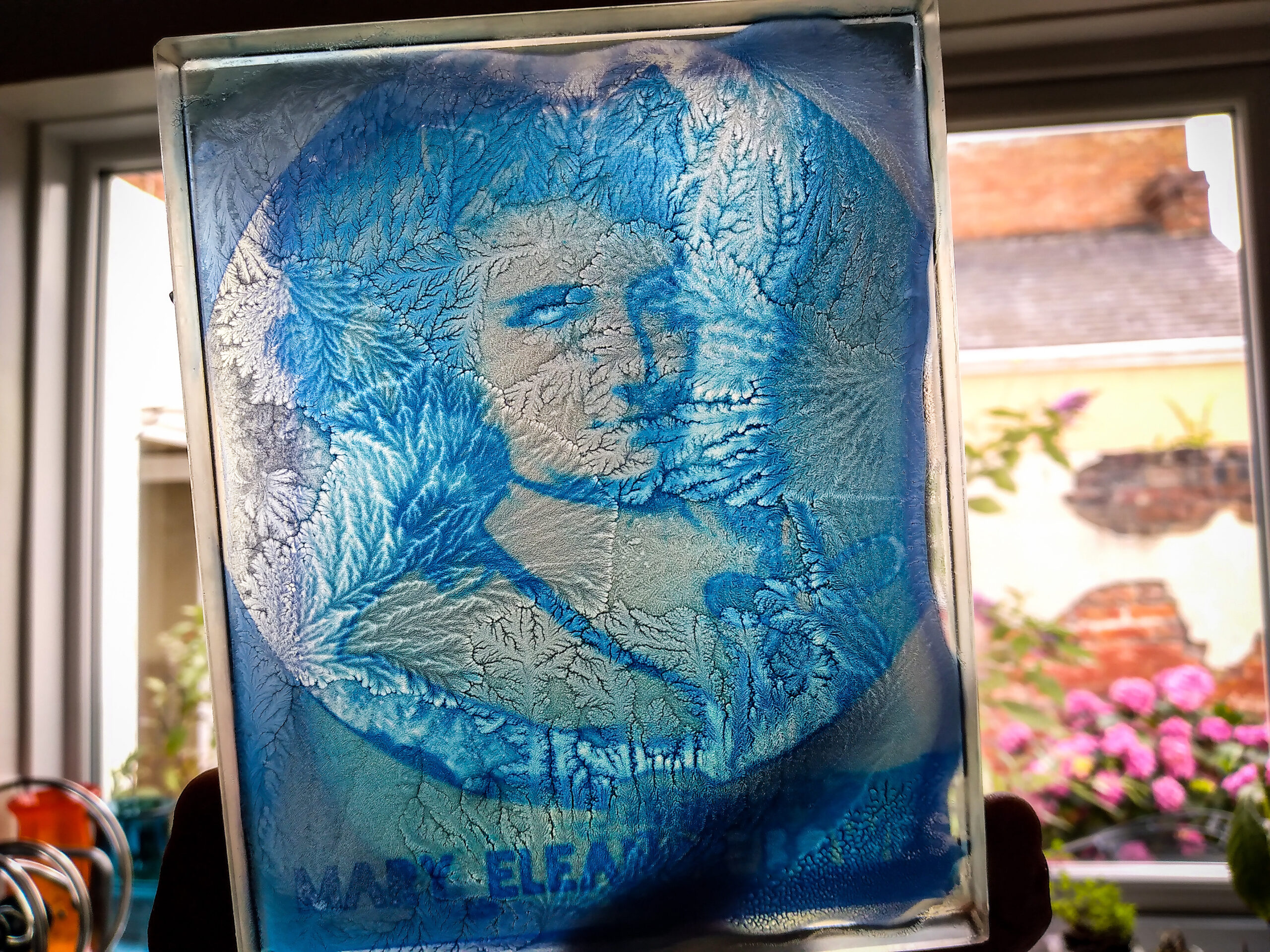
I interviewed Jo Howell who says about herself: “I’ve been a professional photographic artist since I left Uni in 2009. I am a cyanotype specialist.
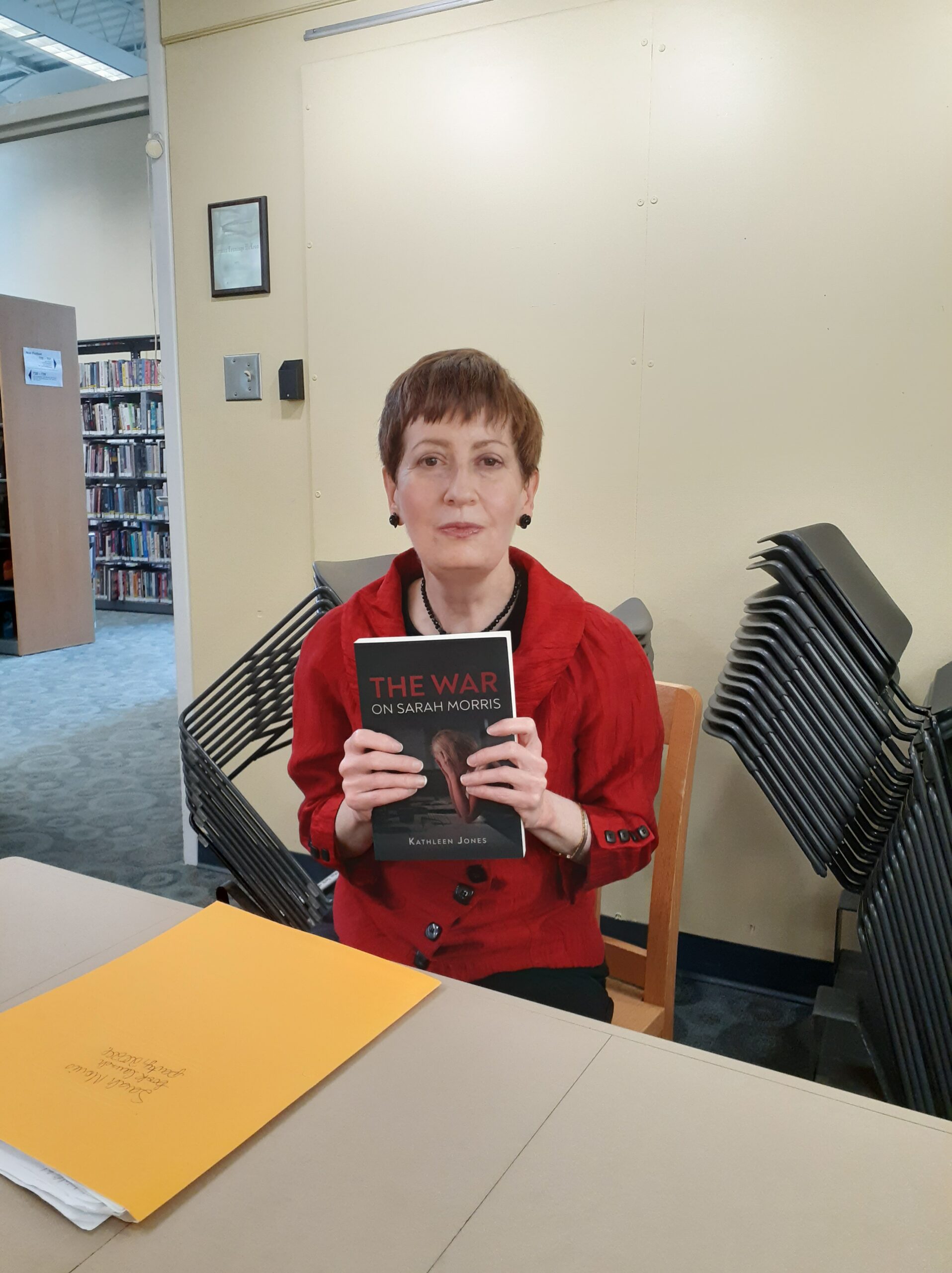
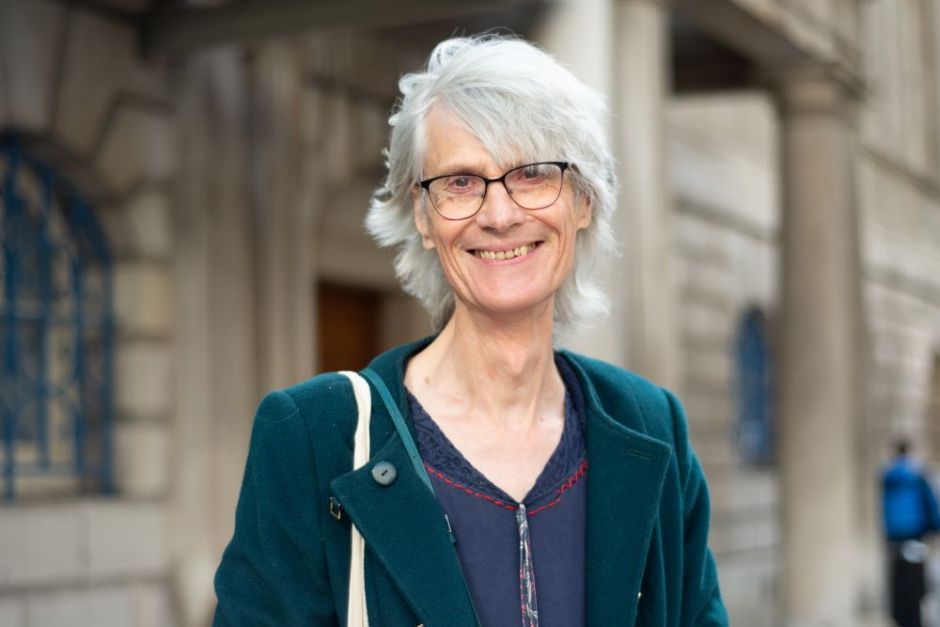
Poet Tracey Rhys, writer of Teaching a Bird to Sing and winner of the Poetry Archive’s video competition reviews Ways To Be Equally Human. Tracey,
| Cookie | Duration | Description |
|---|---|---|
| cookielawinfo-checkbox-analytics | 11 months | This cookie is set by GDPR Cookie Consent plugin. The cookie is used to store the user consent for the cookies in the category "Analytics". |
| cookielawinfo-checkbox-functional | 11 months | The cookie is set by GDPR cookie consent to record the user consent for the cookies in the category "Functional". |
| cookielawinfo-checkbox-necessary | 11 months | This cookie is set by GDPR Cookie Consent plugin. The cookies is used to store the user consent for the cookies in the category "Necessary". |
| cookielawinfo-checkbox-others | 11 months | This cookie is set by GDPR Cookie Consent plugin. The cookie is used to store the user consent for the cookies in the category "Other. |
| cookielawinfo-checkbox-performance | 11 months | This cookie is set by GDPR Cookie Consent plugin. The cookie is used to store the user consent for the cookies in the category "Performance". |
| viewed_cookie_policy | 11 months | The cookie is set by the GDPR Cookie Consent plugin and is used to store whether or not user has consented to the use of cookies. It does not store any personal data. |